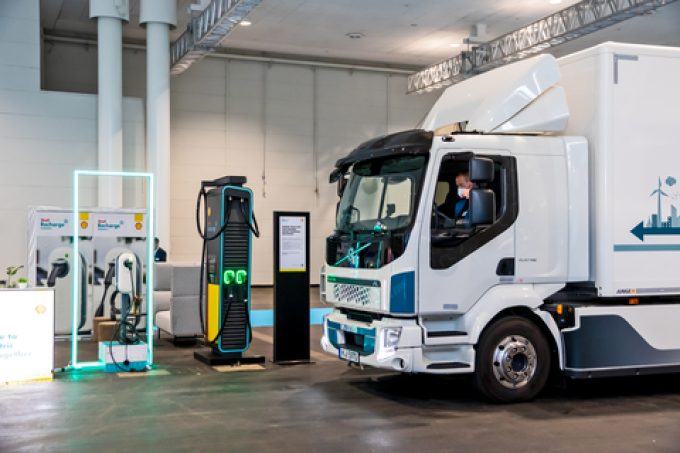New Moerdijk-Duisburg barge service 'an important alternative to trucking'
German retailer Lidl’s in-house shipping and logistics arm, Tailwind Shipping, has joined a consortium of ...

Logistics chains are proving a liability for UK organisations trying to meet their 2030 climate goals, according to a survey by contract logistics provider Wincanton, with 83% of respondents saying logistics plays a ‘key’ role in future decarbonisation plans.
More than half (55%) of respondents said they were not reducing emissions in their logistics fleet, with around 42% telling Wincanton researchers they do not know how to achieve the targets.
Similarly, 54% of businesses surveyed said they would struggle to meet net-zero ...
Volcanic disruption at Anchorage could hit transpacific airfreight operations
Macron calls for ‘suspension’ – CMA CGM's $20bn US investment in doubt
De minimis exemption on shipments from China to the US will end in May
Forwarders stay cool as US 'liberation day' tariffs threaten 'global trade war'
Looming Trump tariffs will create 'a bureaucratic monster' for Customs
Mixed response in US to 'Liberation Day', while China leads wave of retaliation
Tariffs and de minimis set air freight rates on a volatile course

Comment on this article